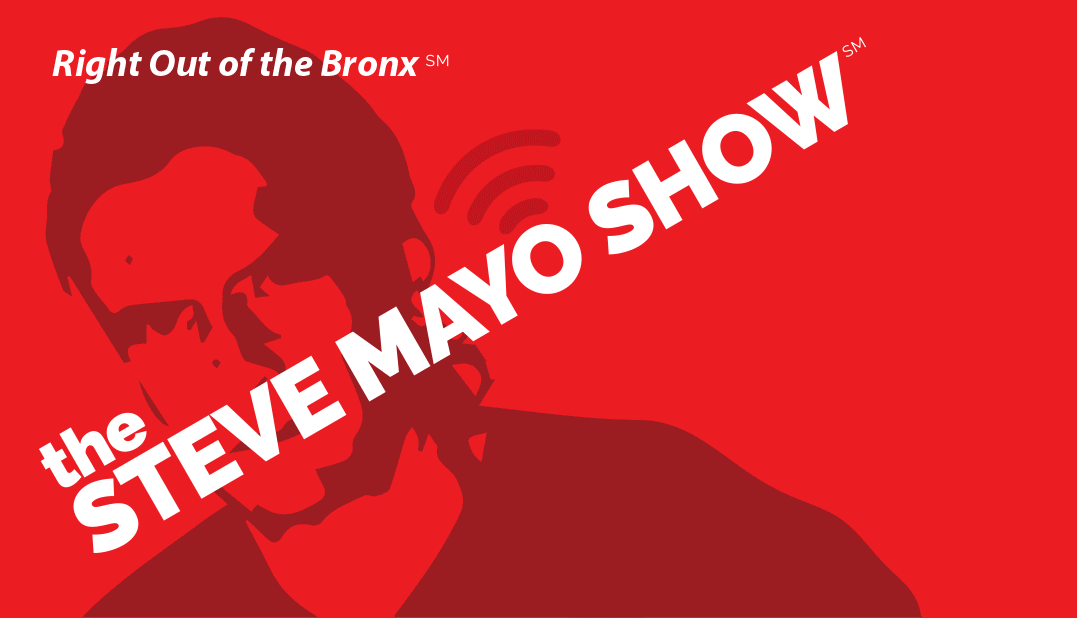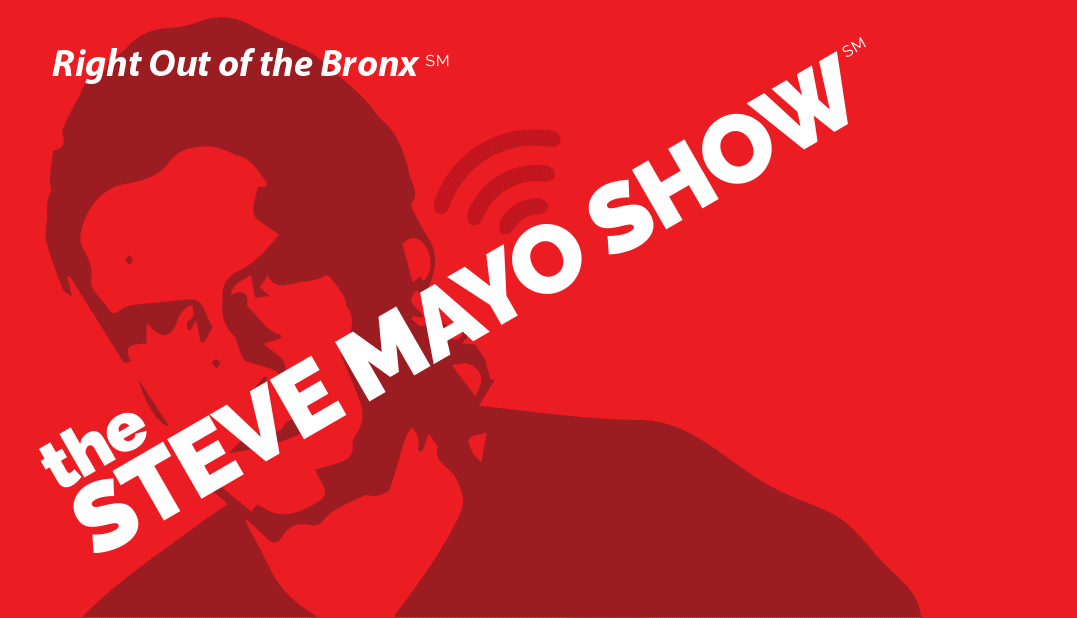What is the purpose of local citizen politics? Not the deep philosophical question concerning the individual’s relationship to the human race, to its culture and to the free-membership organization commonly known as the “body politic.” To what end does a plain citizen of a country, state or locality volunteer time in support of a political candidate or cause?
— nbsp;
Why would anyone contribute to, march in support of, knock on doors for or otherwise toil passionately and without compensation for a candidate? Or to advance a cherished, personal-political cause, such as; a woman’s right to an abortion, the rights of the unborn, the security of a close ally against a nuclear weaponized Iran or preventing a locality from subsidizing a balance-sheet suspect, crony-capitalist scheme like a luxury apartment complex or a Triple-A baseball stadium?
Â
People volunteer like this for simple and practical reasons. To improve the quality of a local environment; to enhance social services like care of the elderly and needy, and education of the young; to improve public accommodations, security and safety through more prudent spending on municipal employee benefits, and; promote rehabilitation of common infrastructure such as roads, overpasses and parks.
–nbsp;
Some long-esteemed wag (either a journalist or a career congressman; the source is in dispute) once stated, “All politics is local.†Another political professional titled his memoirs, “All politics is personal.”
According to Alexis de Tocqueville, Democracy in America, Vol.II, Chptr. II, London, Saunders and Otley, 1838, p. 71-74, “(I)t is not only a portion of the people which is busied with the amelioration of its social condition, but the whole community is engaged in the task….†Further, “The cares of political life engross a most prominent place in the occupation of a citizen in the United States; and almost the only pleasure of which an American has any idea, is to take a part in the Government, and to discuss the part he has taken”.â€
As recorded in the press, our political-legislative history and community lore, we might surmise that individual citizen engagement in political organizations and campaigns is part of our American legacy. One may attend meetings, rallies and local citizens-to-be-heard timeslots. And if we include the increasing expression of individual and public opinion in blogs, web-sites, Facebook, Twitter, as well as traditional ideological and intellectual marketplaces in letters-to-the editor sections in print, and radio and community television output, the need to “vent” is growing in the entire community, regardless of age, class, race, gender, ethnic origin or economic status.
–nbsp;
The simple desire to partake in a political controversy or specific campaign, however, does not assure a positive outcome – for this, it is necessary to enroll in a party. This is true in all 50 states and virtually all political subdivisions within them; 3,144 counties, and innumerable cities, villages, and hamlets. Unfortunately, nowhere are such constraints on spontaneous political action more irksome than in the New York.
–nbsp;
Like most states, New York has two major parties, Democrat and Republican. Unlike most, these same parties have managed to bewitch New York’s legislative chambers and governor’s office impenetrably. “Third” and fourth parties do exist (Conservative, Liberal, Right-to-Life, Working Families, Libertarian, Independence, Reform and other agglomerations have played major roles in past elections, thanks to the state’s rather singular provision for cross-endorsement whereby a major party nominee secures “third” party support to augment his or her major party tally with votes that would not ordinarily accrue on the major line alone. Rules require 50,000 votes in the last gubernatorial election for automatic inclusion on the following election ballot), but their contributions are usually limited to Election Day. Once in office, a third-partier almost invariably migrates to the major party that most closely matches her philosophy. Thanks to the comprehensive control exerted by Democrat or Republican leadership of the respective Assembly or Senate chamber majority, the binary nature the system guarantees to the majority first selection of committee assignments and chairpersons, and more staff and “member items” (gifts of public funds scantly related to legislative purposes siphoned to favored legislators to do as they please within their district’s boundaries; members of the majority winning proportionately more of this “pork” than the minority).
–nbsp;
The Empire State’s entire plan of governance has been lambasted on numerous occasions by the Brennan Center for Justice at New York University which once concluded: “Neither the U.S. Congress nor any other state legislature so systematically limits the roles played by rank-and-file legislators and members of the public in the legislative process.” A Quinnipiac University poll in 2010 found that 76% of voters disapprove of the Legislature, the highest public dissatisfaction reported in the survey’s 20-year history. (Curiously, 51% of the same voters also said their state senator should be voted out of office at the next opportunity; in actuality, this sentiment would not likely have been borne out with over 90% of incumbents winning re-election!).
–nbsp;
With so many legal impediments and structural bars to the exchange of ideas, restricted candidate options by parties, cumbersome primaries and limited public debate opportunities, the hurdles for independent, informed newcomer-participants are daunting.
–nbsp;
Compounding the sclerotic state of party organizations and their clumsily effective hold on political power in New York is the spectacularly sorry record of voter participation. According to the New York Times, the 2014-midterm elections recorded a turnout of 28.8 percent, the fourth lowest in the country. School board elections in the City of New Rochelle in 2015 were joined by 4,100 voters, out of more than potentially 45,000 eligibles; a turnout of barely 8%. Only 2,381 resident-stakeholders from the same pool bothered to vote for or against the city school district’s greater than one-quarter of a billion dollar budget that year either (still, the yesses won).
–nbsp;
Blame should be spread broadly: an election commission supervising a council, board of legislators, village school board or other political body unwilling to spread publicity about the budget or offices being voted on; media unwilling to devote reporters and “newsprint†to the tedious and “weedy†questions of school, county, and municipal finance; concerned parties and “public interest†entities like the League of Women Voters, the NAACP, local chambers of commerce, area colleges and universities, local weeklies, radio stations like WVOX, the Journal News, NY Post and Daily News, ignoring the informational needs of civic life; and, a perplexed electorate, uncomprehending of the gravity of government finance, and the complexity of administering police, fire, DPW and education; the very same population consumed by an explosion of mundane sports, celebrity and music minutiae, and the latest antics of some really dim players named Sanders and Trump on the national stage whose elevation to high office or relegation to the media bone yard will likely have limited impact on anyone’s daily life.
Â
Locally, in this fine hamlet of an officially recorded 77,000 and growing souls, things-New Rochellean, physical and fiscal, look harried. A budget in balance all right (it’s the law, it must be balanced!) but so obtained by all manner of financial devise, gimcrack and trick. An annual budget increase of some 10% (if you count the leaf-refuse service cutback worth $500,000, the chronic and never-to-be-ameliorated garbage tax of $6 million, the nearly 2% approved tax levy increment), staffing shortfalls in firefighters and police, and our town seems not so luxuriant despite its uniquely diverse historic, demographic and cultural character; New Rochelle, where the suburb meets the city (apologies to Montclair, New Jersey).
Â
According to a genuinely sympathetic Larchmonter, alongside now teeming commercial precincts of Yonkers, White Plains, Mount Vernon, Port Chester and Mamaroneck, old New Ro is looking the “Sick Old Man of Westchester.â€
Â
Into this echo chamber of malign Albany intrigue and media vacuity, what might be anticipated from existing political institutions in an off-year election of not inconsiderable import? Well, there is in the former Queen City of the Sound, New Rochelle, a well-honed city hall political machine led by an confoundingly exalted mayor, followed by a pliable city council (four Democrats; a Republican factotum oh-so-wishing he weren’t – “It’s bad for business, ya’ know?â€) and one “true-red (?)†conservative Republican.
Â
With widespread political malaise and a palpable thirst for “new thinking†for stubborn global problems (see: Trump/Sanders above), one might expect a lively, even vociferous November contest concerning infrastructure maintenance, the safety of chronically potholed and wash-boarded thoroughfares and the sorry finances that make such squalor possible. But what has the Republican party of New Rochelle, the allegedly “Loyal Opposition,†planned for the fall? Virtually nothing!
Â
So, what about a “loyal opposition?†According to a former party leader opposed to the controlling majority in the Canadian House of Commons, Michael Ignatieff, the “loyal opposition†is an essential component of democratic rule in a constitutional form of government: “The opposition performs an adversarial function critical to democracy itself… Governments have no right to question the loyalty of those who oppose them. Adversaries remain citizens of the same state, common subjects of the same sovereign, servants of the same law.” The Globe and Mail, October 30, 2012.
Â
Well, none of that theoretical, consent of the governed, rule of law, popular sovereignty claptrap for the today’s New Rochelle version of the once-proud Grand Old Party! And stuff your Edmund Burke, John Locke and Thomas Paine jibber-jabber where the sun don’t shine feller! No hard-fought pitched political / philosophical battles for supposed local advocates of Western, Judeo-Christian individual freedom and communitarian self-sacrifice as exemplified by historical GOP-types: Aristotle, Maimonides, Jefferson, Douglass (that’s Frederick, not Stephen) and Lincoln. No, New Rochelle’s elders of 2015 would rather DUCK than fight! Sit out the controversy entirely!
Â
For dark, even occult-like reasons too Byzantine to detail in today’s issue of the Westchester Guardian, Republican “leadership†has elected not to nominate candidates in (as of press-time) two / three council districts, chosen an apparent independent in another, and, depending on primaries across the political aisle, may be lined up to cross-endorse a Democrat in another! Follow?
Â
Disregarding respectable loyal partyists and newcomers, the senior county legislator claiming to be “the brains†of this outfit has contrived Republican participation out of district races, and sabotaged one prospect’s offer to raise $50,000 in personal / supporters’ funds for a serious run at the incumbent author of the parlous state of New Rochelle’s physical plant and finances. The Republican ploy can only be understood in terms of self-dealing, careerist-incumbent protection and loss-anxiety.
Â
A sad day for the Republican party for sure. Courtesy of a cartel so insecure in its beliefs as to be ashamed to just brandish the name of its national party. But for patriotic Democrats and independents of good faith, one must ask; is this the representative democracy that was gained at so much cost at our nation’s founding? Regardless of party label involved – having a mediocre city administration stand for re-election virtually unchallenged by a “loyal opposition?†Think back to civics class – it’s unthinkable!
Â
And an out-of-office party contingent unworthy of the name; neither loyal, nor very much an opposition.
Â
A late summer gift to the citizens of New Rochelle. Treachery on a barbecue skewer.
A city, a people betrayed!
Â
![]()
Â








